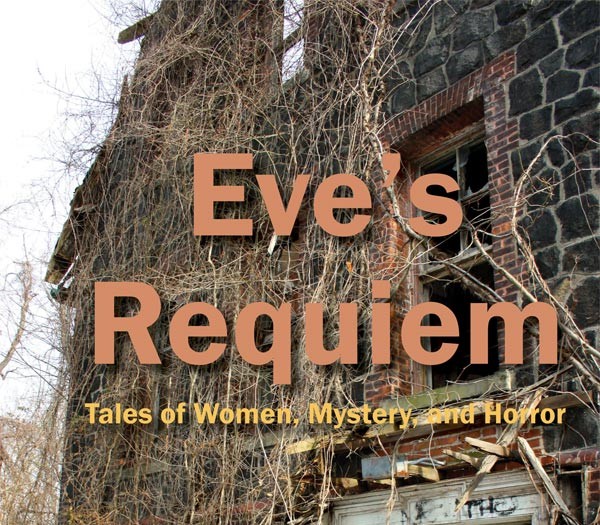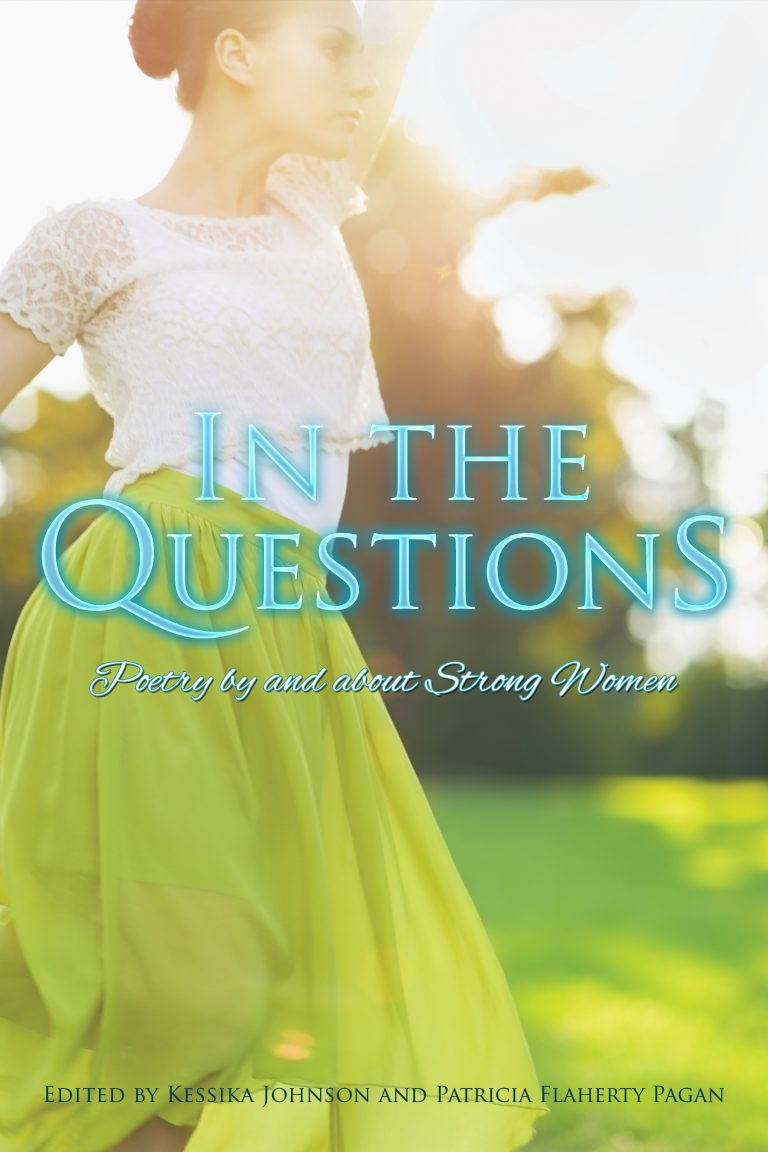How far could the passion for motherhood drive a woman? That is the question that I asked myself last spring while working on a new short story. I have had my own challenges in trying to become a Mom, and I am familiar with the pang of longing. I began to wonder: if this pang grew strong enough, what dark roads might a grieving woman go down to sate it? When I lived in Indonesia, I had been told of the rare but occasionally still practiced business of baby brokering. (The practice of selling babies is, of course, not unique to developing countries.) My writings about the concept of desperation for motherhood grew into my short story “Bargaining.” In it, a woman confronts the loss of miscarriage and the intense desire for a child and makes a morally suspect, but perhaps almost understandable, choice. I hope that you find the story thought-provoking.
“Bargaining”
Need collides with greed. Toes go for $10 USD each. The grinning, self-proclaimed midwife separates each one and shows them to me. The baby broker demands $20 per finger, even though only one balled fist falls outside the swaddling blanket. The round tummy, a sign of health, is worth at least $ 1,000. Tongues come cheap. Backbone will cost you. Two evenly spaced ears, light brown, clean and on display, hike the price up $ 2,000 more. The eyes, sunlit like their namesake, the eye of the day, shine brightly. The broker wants $3,000 apiece for those.
“A pretty, sweet girl,” the broker says in excellent English. He stands with his hands on his hips and his feet wide apart. He looms large over the broken cardboard boxes and soiled woven mats which dot the muddy floor of his supposed charity.
“How do we know she is healthy?” My husband asks.
“The baby’s not sick. You can see this,” the broker continues. He gestures to the midwife, who wears a pink nurse’s bib over a white shirt and blue batik skirt. She partially unwraps the baby girl from her blanket. The sounds of motorcycle engines and car horns clatter in from the street. The baby at first squawks and whines but soon begins to gurgle and coo.
The midwife whispers to the broker and then she walks the baby closer. “Born in a hospital,” she says proudly.
She does not offer the price that she paid the baby’s exhausted birth mother to spirit the child away from the Jakarta hospital. Neither does she explain which words tempted the mother in the minutes, hours and days after she had pushed a wrinkled miracle out of her birth canal. Does the unlikely midwife tell the mothers about the “bule,” or “rich foreigners,” who can afford “years of expensive school fees” for a “better life?” Or does she merely whispered “4 million rupiah,” or “four hundred dollars” as the mothers doze in the dusty maternity ward with the peeling gray walls? Do the mothers give in because they are forced stay on the ward another day, unable to checkout until they can pay the doctors’ fees?
Despite her clean, pink smock, ironed, batik skirt and practiced smile, the midwife strikes me as a slave trader. I imagine her trolling the dingy hospital corridors for mothers with unpaid bills, cracking a bull whip.
I think of the scowl on my friend Rini’s face that morning when I hinted to her about this meeting. She had looked around my sun-streaked dining room, put down her flowered tea cup and then placed her tan hand over my off-pink one.
“Traveling, you’ve see many things. But you don’t want to see this. The snakes in the ditches have more kindness than these people. Please, do not go.” Then Rini had passed me a Dutch butter biscuit and said nothing more. Her brown eyes had spoken for her.
But I needed to see. I needed to know.
In the hot, dusty office of the non-charity, the midwife invades my space. She unwraps the blanket further to reveal that the baby has all the usual girl parts. I lean in and smell the sweet and sour odor of breast milk on the baby. Her fingers unclench and wriggle.
“15,000 in US Dollars. We give you a discount for girls,” the broker huffs. The forced severity of his voice and the dramatic way in which he crosses his arms over his chest reveal that he is giving us the bule price.
“$6,000,” my husband counters.
Inside, I marvel at his tone of voice. I will my lip not to quiver.
“$13,000. You are married? I do not ask. Why do you want the baby? I do not ask. It’s a good deal.”
I hold out my left hand and show the broker my gold wedding band. Beads of sweat swarm on my forehead.
“We’re done here,” my husband says. He takes my hand and we start the half-turn, pretend walk-a-way that we’ve mastered while bargaining in the markets. His eyes are onyx. The only signs of his recent grief are the fingernails that he has bitten down to jagged stubs.
“$11,000 for the girl. Final.”
“$10,000 cash,” my husband says. He fiddles with his wallet. He coughs three times.
Just outside the door stands Tulus, our righteous, ambitious, tape-recorder wielding friend from Jakarta Now. To help the infant, and perhaps to further spice up his story, he has enlisted Angela, his Canadian girlfriend who works for Child First. He has also cajoled and shamed two sweaty Jakarta policemen into joining in on his bust.
My husband fans out green, American bills across his palm. He coughs again, more loudly.
“OK,” the broker says.
In my mind, I see Angela, divorced savior of children, putting her warm hand on the cool metal of the doorknob. Over chocolate martinis at the Mulia Hotel, Angela had described her own young daughter to me. Angela had drawn a picture of a beaming blonde girl, born in the safety of Ottawa and transplanted to the Jakarta suburb of “Pondok Indah,” the beautiful garden. Her child would soon begin kindergarten at the British International School.
“How much for a boy?” I hear myself whisper. Three heads whip around as if my words are rifles firing.
“$16,000” sputters the midwife.
“$18,000 dollars. Cash. Plus extra for a passport,” corrects the broker.
“$11,000.”
My husband jerks me towards him, mouthing, “What the hell?”
I slip out of his grasp. Since God took our baby back, my husband seems more alien than the seething humidity of this crowded city. Nothing moves him, not even an empty crib.
Lines appear on the broker’s forehead. His eyes flit between us.
I can’t help but see the two open windows along the back wall and the door that stands between them. The windows look out upon a cigarette-butt strewn soccer field and the slim tail of the muddy river. How many steps to the door? Twenty-five tops. Magnetic, the infant coos and pulls me closer. I think of the pile of pastel Carter’s onesies and Baby Gap blue and green overalls hiding in the linen closet in our home back in Houston. My mother could DHL them. Someday soon, someone will buy this baby.
My husband lurches forward and puts his hand firmly on my shoulder. The midwife stares at me. I spit at the floor and try to muster disgust for this slave trader defiling this pulsing city as it marches toward promise and law. I look down at my ankles, but I know that she sees through me. No matter how snug my mask of tanned oil wife contentment, since my son died, I can’t hide the loss seeping out of my pores. The slave trader sees the want-drive-need flare in my nostrils.
“We can get a boy,” she says.
“Tomorrow,” the broker says. “At Plaza Cedara. In the garage.”
Head still bowed, I nod.
“$10,000 cash for the baby!” My husband shouts.
The door booms open. In rushes Tulus, a rage-flushed Angela and their two unsmiling police escorts. Images flash by me: tiny fists reballed- tufts of brown hair covered by a blanket- an open mouth bawling- a football shaped bundle being stolen from the room- a fan of green bills folded up and stuffed back into my husband’s brown, cowhide wallet- shiny, click-clacking heels on concrete as the non-midwife runs for the backdoor with the infant.
The dull-voiced policemen castigate the broker in monotonous tones. The broker says nothing but cocks his head towards a stack of American twenty dollar bills piled neatly on the edge of the table. The policemen grab the man, push him against the wall, and handcuff him. Tulus attacks the broker with questions. Angela circles the room, looking behind boxes and around mats for evidence of any other children who could be staying there. The older policeman yells at the broker in awkward English phrases, trying to make clear to his audience that the police take this crime seriously. We all wait, watching the scene, but the policemen gesture that we should exit the room first. The older officer follows right after us with the handcuffed baby broker in tow. Perhaps the younger officer chases after the non-midwife and the child. Perhaps not.
“Thank God that’s over,” my husband says, waving his goodbye to Tulus and rubbing my shoulder. “For the baby.”
My husband guides me down the hallway, out the front door, and onto the uneven pavement of a jalan tikus. “Jalan tikus,” meaning a narrow alley or a road for rats.
He notices tears heavy in my eyes. “We did a good thing, Honey. For the children. For Tulus, too. People aren’t commodities. And besides, human trafficking is a crime.”
Forty-five, I stand childless on the rat road. Considering my hundred-dollar, oil wife wedges, my twenty-dollar manicure, and my pricey, diamond solitaire engagement ring, I ask myself two questions. When does need trump right? And how much risk can I afford?
A bell rings as a chicken soup vendor pushing his cart jostles by us. The smell of chili-spiced broth wafts over us. Two women wearing brown uniform shirts follow the man and his cart, eating soup from cups, chatting and laughing. A third woman, wearing a wide sun hat pulled low over her face, a white shirt, and a blue batik skirt, calls to them and they stop and wait for her.
“It’s one already,” my husband says. “We’ll get out of this heat, eat some lunch and then you’ll feel better.”
I shrug.
“Sate Ayam or Italian?”
As she passes by me, the non-midwife in the sun hat and blue batik skirt nods very slowly.
“Sate Ayam” I say.
The forecast for tomorrow is for sun showers. If I take our car and driver for the day, I will need to explain why. My husband, a former Eagle Scout, won’t understand until he holds our warm, gurgling second chance in his arms. And what story will we tell the embassy people?
A school girl in a blue uniform skips by us. I smile. Minor details. I remind myself to bring my umbrella for the walk to and from the plaza.




